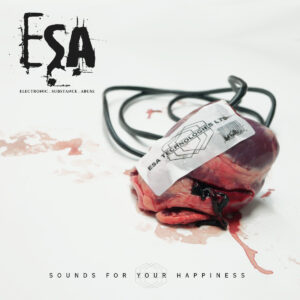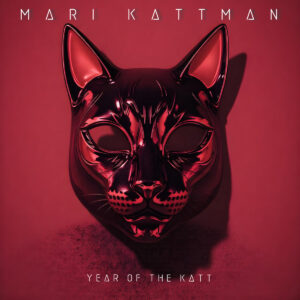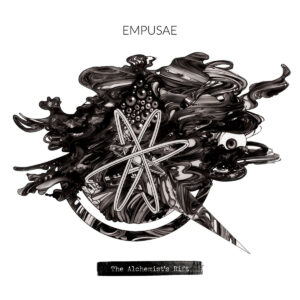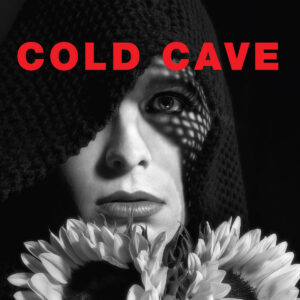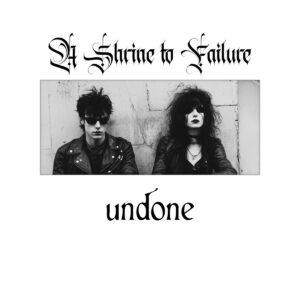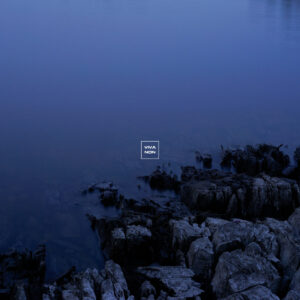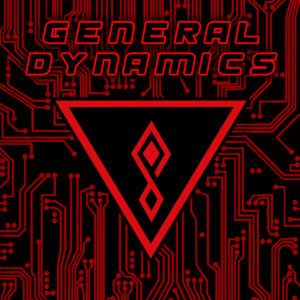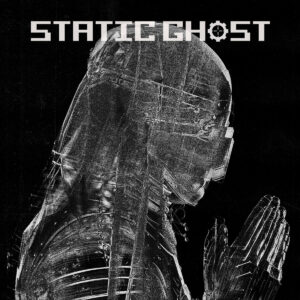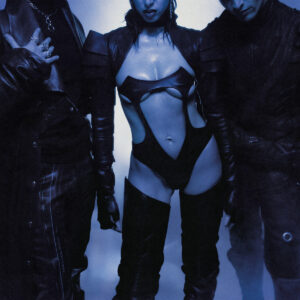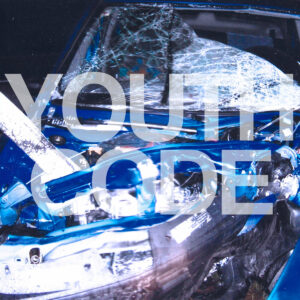Observer: Ghosts for Comfort & Mjöldryga
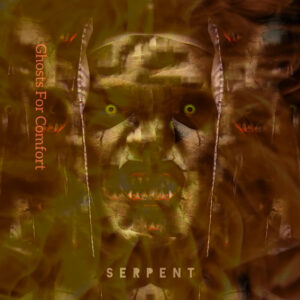
Ghosts for Comfort
Serpent
self-released
You could absolutely be forgiven for thinking that the music from UK duo Ghosts for Comfort’s new EP was some recently unearthed and polished up dark electro demo from roughly 30 years ago. Everything, from the straightforward bass programming, to the plinky melodies and digital pads, to the pinched vocals (which are particularly reminiscent of early X Marks the Pedwalk) to the thudding, reverbed drums, screams 90s dark electro. That’s not a criticism mind you; Serpent is a refreshingly straight take on the style made popular by Zoth Ommog and Celtic Circle, delivered with a heaping dose of antipathy. While tracks like “Murder” and “The Seed” trade in the rough, rattling sounds of dark electro’s earliest evolutionary steps forward from EBM, the EP features hints of the baroque sound of later acts in the genre; the lo-fi funky bass and drums of “Prey” are accented by a twinkling lead that calls to mind Leaether Strip, and there’s a dash of Rudy Ratzinger’s imperial period evident in the ornate arrangement of instrumental “Dead on Arrival”. Still, the EP is at its best at its most immediate, as evidenced by opener “Detonate”, whose drums and springy lead are formed into a skeletal arrangement that doesn’t roll forward so much as it lurches towards the listener with ill intent. It’s an acquired taste no doubt, but those with yen for it will find it appropriately caustic and unpleasant.
Serpent by Ghosts For Comfort
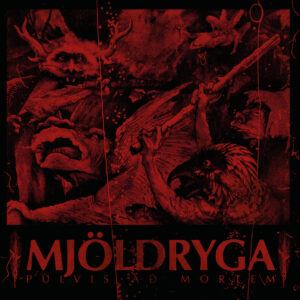
Mjöldryga
Pulvis Ad Mortem
Fluttering Dragon Records
The latest project from Fredrik Djurfeldt is of a piece with the gasping, unrelenting death industrial the Swedish artist has produced under the Analfabetism handle and most recently in collaborative project Hexophthalma. Mjöldryga’s debut finds him teaming up with Tomas Östergårds, whose work has tilted in a more dark ambient direction, but Pulvis Ad Mortem has precious little in common with that genre save for its steely and unyielding commitment to cold, impassive hostility. Refluxive waves of guttural feedback and distorted yowls make up the bulk of Pulvis Ad Mortem, from the circling static blasts of opener “Armar Ramlar Av” to the shuddering stutter of closer “Claviceps Purpurea” which blurs vocals and noise into a smeary grey morass. The tremoring radio pulses and samples perched atop the ebb and flow of sine waves on “Antoniuseld” or the almost naturally windswept stormy churn of “Bockahorn” are a reminder that the ur sources of this sort of noise are never too far from our day to day, regardless of whether we’re tossing a record like this on or not.
Mjöldryga – Pulvis Ad Mortem by Fluttering Dragon Records
The post Observer: Ghosts for Comfort & Mjöldryga appeared first on I Die: You Die.


